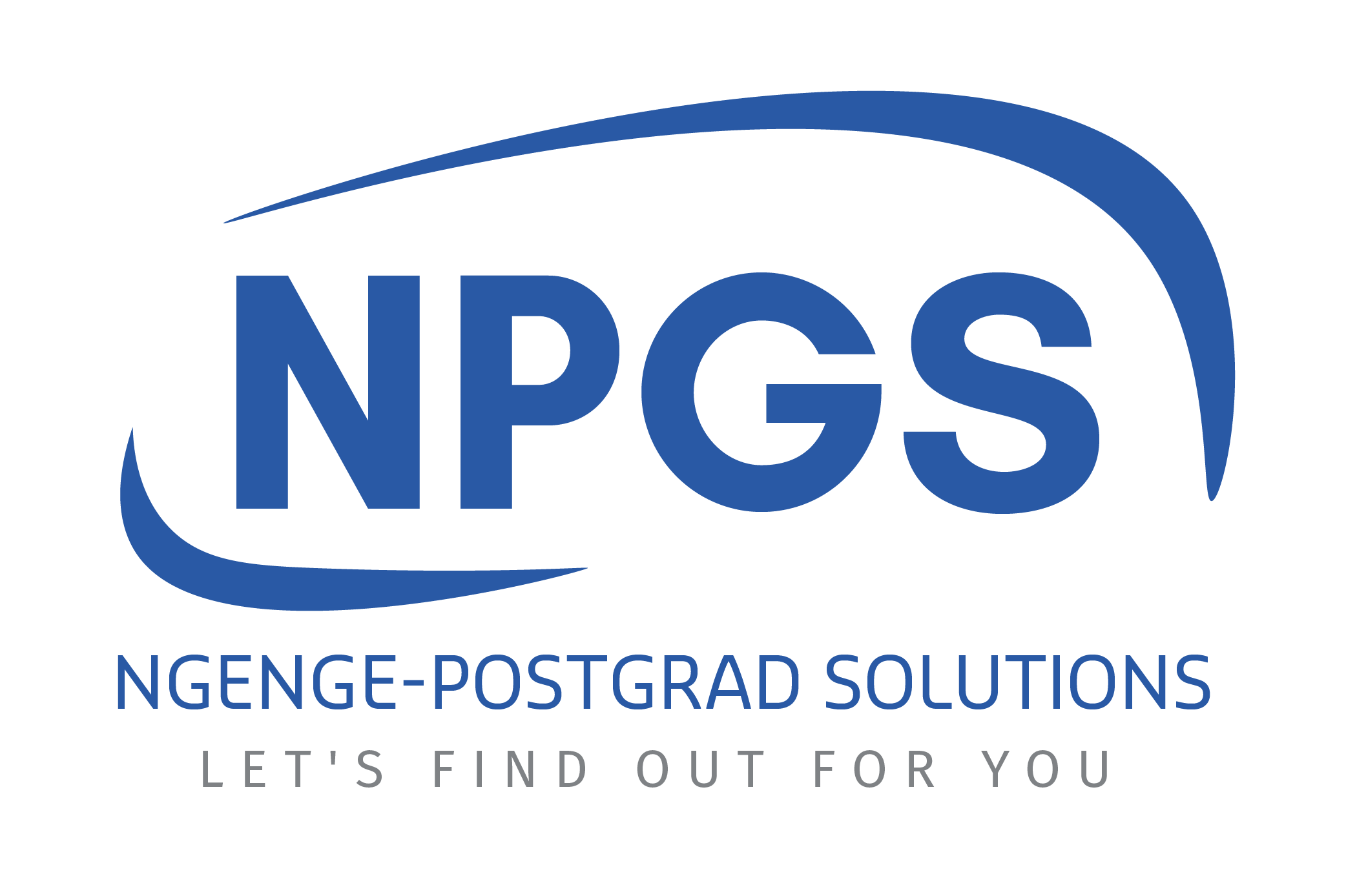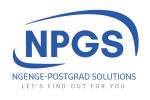NGENGE-POSTGRAD SOLUTIONS IS HERE TO HELP YOU: NPGS has an Application Help Service that can help you find a position or prepare a CV or Cover Letter. Our professional experts can also apply for you from A to Z.
Deadline: September 21, 2022.
About the fellowship:
The Canadian Institutes of Health Research (CIHR) is the administering agency of the Banting Postdoctoral Fellowships (PDF) program and is responsible for the payment of awards in accordance with the policies and regulations outlined in the Tri-Agency Research Training Award Holder’s Guide.
Benefits and deductions:
A Banting Postdoctoral Fellowship is a stipend and not a salary. Therefore, it is not eligible for:
- Canada Pension Plan (CPP);
- Employment Insurance (EI); or
- other non-discretionary benefits.
However, institutional policies related to the status of postdoctoral researchers and fellowship payments may differ according to specific legislation and/or institutional policies.
Regardless, other than for taxation purposes, no part of the fellowship can be withheld by the host institution without prior written consent from the fellow.
For more information on income tax related to scholarships and fellowships, please see S1-F2-C3: Scholarships, Research Grants and Other Education Assistance published by the Canada Revenue Agency, or contact the CRA directly.
For questions regarding applying for a visa to work in Canada, please contact Citizenship and Immigration Canada.
Travel and field research:
Banting postdoctoral researchers may travel and conduct field research; however, they must continue to be based at their host institution.
The Banting Postdoctoral Fellowships are valued at $70,000 (taxable) per year. There are no additional funds provided for travel/research.
overview:
All eligible applications to the Banting Postdoctoral Fellowships (PDF) program undergo an evaluation by a selection committee from one of the three federal granting agencies: the Canadian Institutes of Health Research (CIHR), the Natural Sciences and Engineering Research Council (NSERC), and the Social Sciences and Humanities Research Council (SSHRC).
Applications are reviewed against three (3) equally weighted selection criteria, and ranked.
The ranked list of all the applications is submitted to the Tri-Agency Programs (TAP) Steering Committee for their approval.
The TAP Steering Committee, made up of the presidents of the three federal granting agencies and the deputy ministers of Innovation, Science and Economic Development Canada and of Health Canada, approves the final slate of 70 awardees annually.
Selection criteria
- Applicant’s research excellence and leadership in the research domain:
- demonstrated capacity for research excellence based on track record as defined by the quality of the applicant’s research contribution; and
- demonstrated capacity for leadership in the research domain as defined by the sphere of influence achieved to date by the applicant.
- Quality of applicant’s proposed research program:
- potential of the proposed research program, executed in the proposed institutional environment, to position the applicant to have significant impact through a research-intensive career.
- Institutional commitment and demonstrated synergy between applicant and institutional strategic priorities:
- demonstrated commitment of the institution to champion the development of the applicant’s research and leadership capacity through support (funding, facilities, equipment, etc.) and professional development;
- institution’s research capacity (demonstrated or potential) in the research area of the applicant’s proposed research program, which will enable the institution to provide an intellectually stimulating environment to position the applicant as a research leader; and
- demonstrated alignment and synergy between the applicant’s research ambitions and the institution’s potential to benefit strategically from engaging with the applicant.







